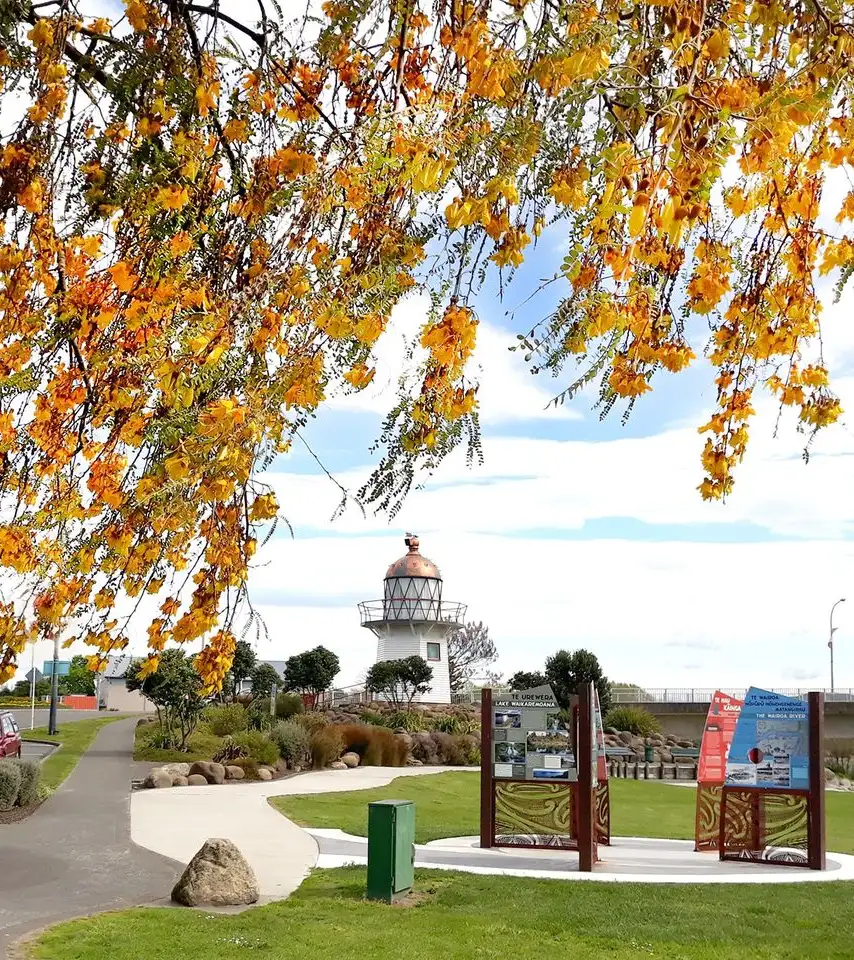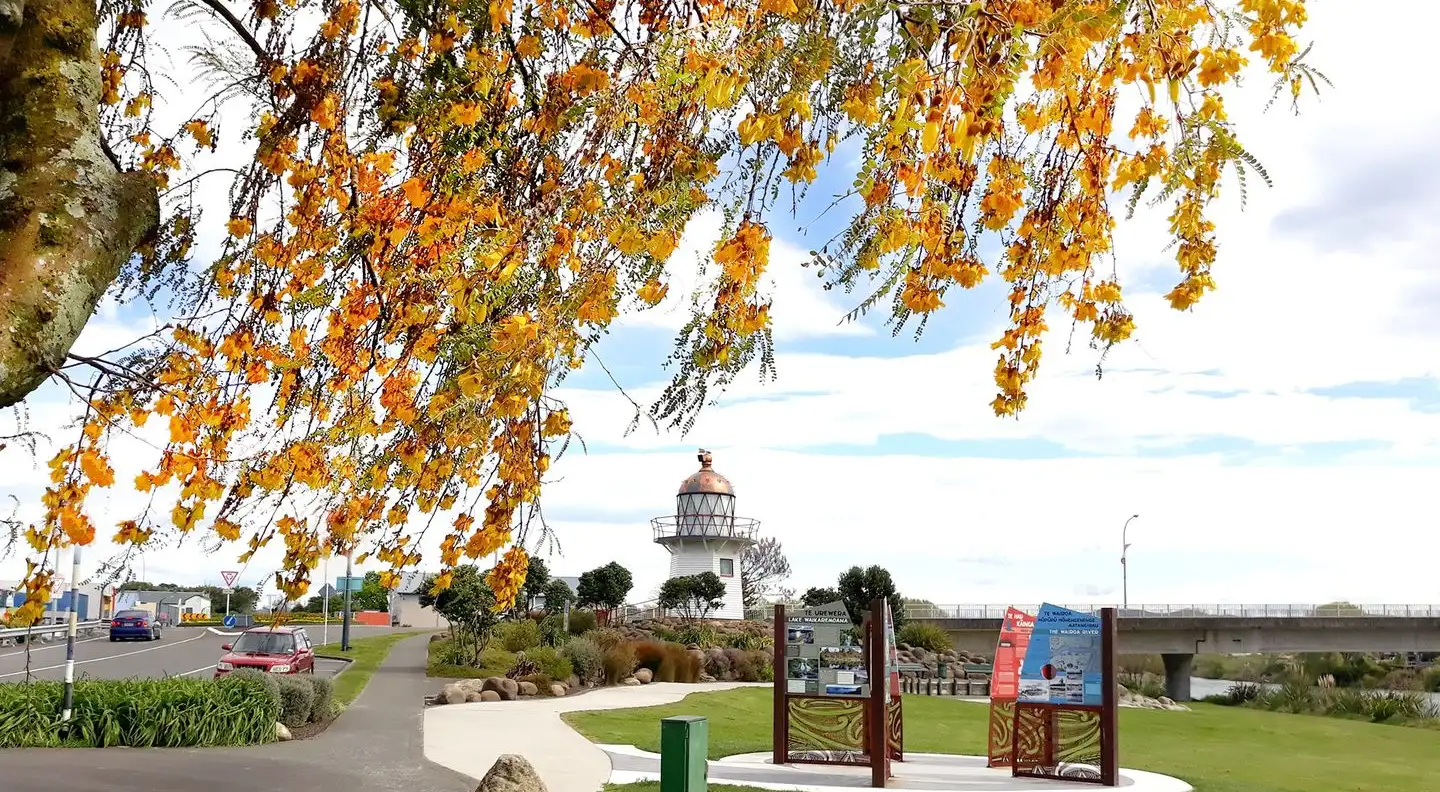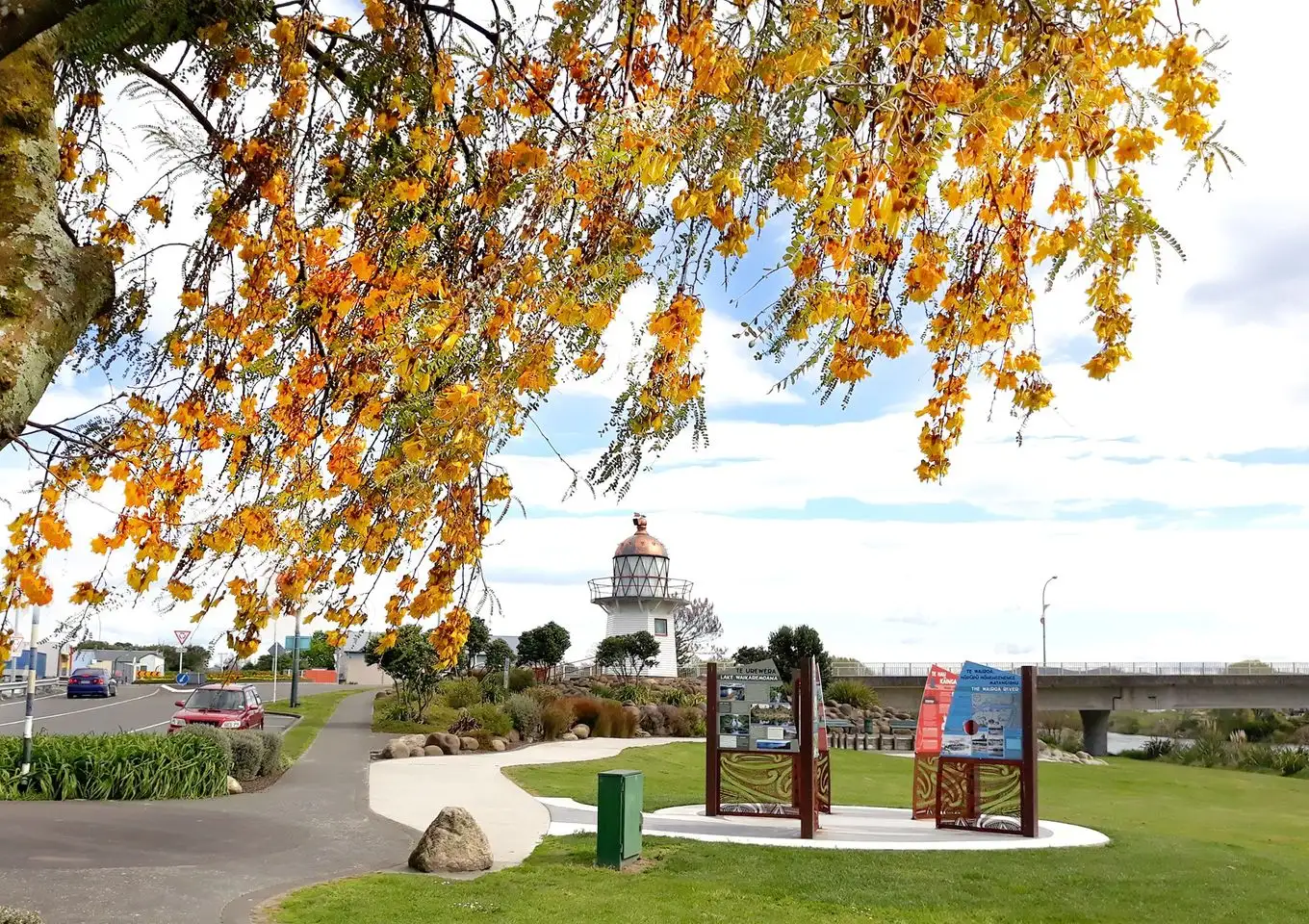Strong result for unique, small council shows size isn’t everything



13 May 2021
A unique community has shown that improving outcomes for ratepayers under tough economic conditions is possible in their second CouncilMARK™ report.
A unique and relatively isolated community with the highest Māori population of any district in New Zealand has shown that improving outcomes for ratepayers under tough economic conditions is possible in their second CouncilMARK™ report.
CouncilMARK™ is an independent assessment programme that assesses how councils are performing and is designed to support individual councils to improve the service and value they provide. Councils receive an overall performance rating from the Independent Assessment Board (IAB), from C to AAA, as well as commentary on their performance across four key areas.
In awarding Wairoa District Council with a ‘BB’ rating, the CouncilMARK™ IAB praised the council’s bicultural governance model, methodical community engagement, strong understanding of the council and region’s financial risks, and their strategic targeting of external funding to address infrastructure shortfalls.
However, the report also highlights a range of challenges facing the council, including sustaining that external funding to meet affordability challenges and speeding up incremental change in their information technology and human resources systems.
CouncilMARK™ Independent Assessment Board Chair Toby Stevenson says that the council should be proud of their reputation in the community, and how they’ve achieved it.
“In many ways Wairoa District Council bridges the gap between the traditional and modern council models.”
“All of the elected members hold day jobs and they’ve got a small staff count, but they’re able to provide closer touchpoints to a greater number of the community than your typical council.”
“The council’s engagement is good, based on a traditional model of strong marae and iwi connections. Their challenges lie in the modern fact that ratepayers and central government are asking more of the council, whether that’s environmental standards, roading, three waters or other infrastructure. “
“Wairoa is small rating base with limited income so they have to think carefully about what they can afford. Despite this, the council more often than not get their decision making right, and that is helped by having a representative council.”
“Wairoa has a very active, engaged voting base and five out of the seven elected members, as well as the interim Chief Executive, are Māori, which is important given 66% of the population identified as Māori at the last census.”
“They have a strong foundation to continue improving on. The council are viewed as a good team player in the region, they’ve got a clear understanding of their opportunities and challenges, and their participation in CouncilMARK™ provides a wide range of information for them to use, in rising to their challenges.”
“I encourage the local ratepayers, councillors and community to pick up this report, be proud of it, and also continue to use it to improve. It’s no mean feat getting an improved rating since the last report, because this is a rigorous process. But I believe that Wairoa can achieve this,” concluded Mr Stevenson.